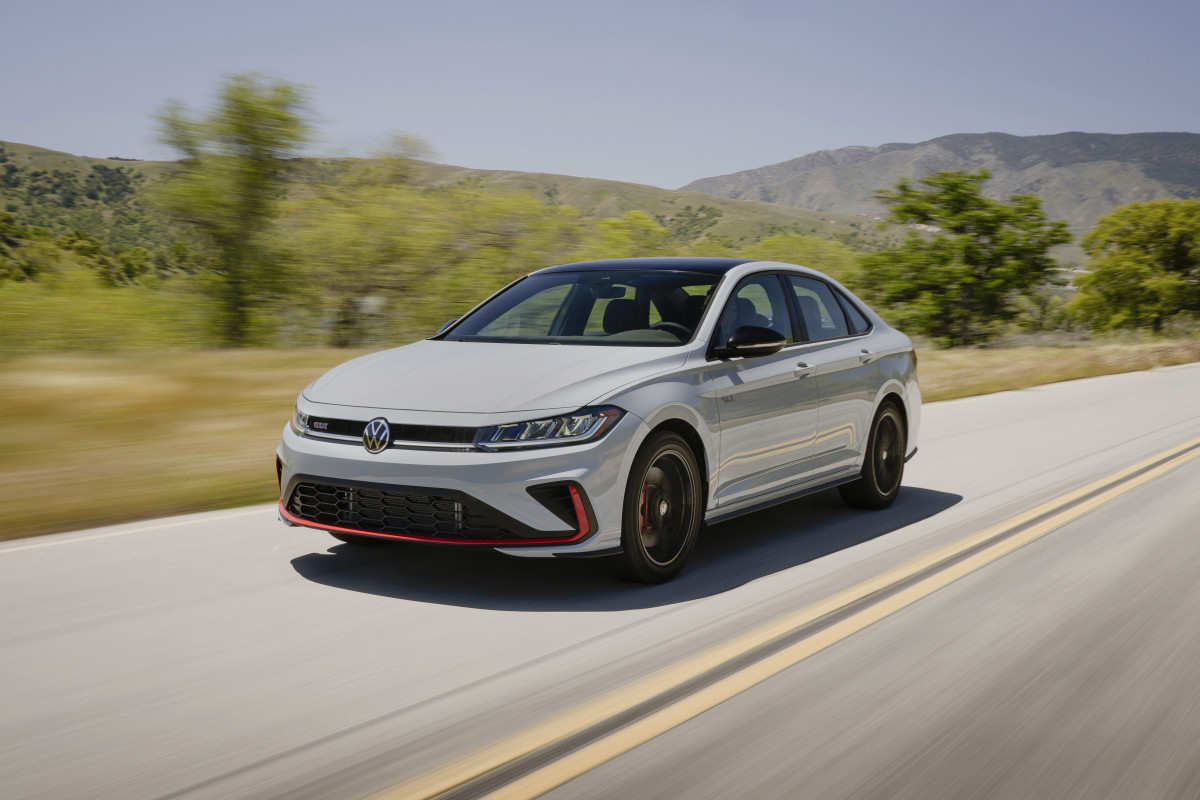Tackling the Tariff Jitters

Many automakers are navigating choppy waters these days, and Volkswagen’s decision to hold the line on vehicle prices through May in the U.S. is a strategic move to weather the storm. In the face of a potential 25% tariff on imported cars introduced by the previous administration, this decision aims to give some breathing room to the American car buyer.
Volkswagen’s North American CEO, Kjell Gruner, emphasized the importance of stability in uncertain times, highlighting the fact that pricing could shift depending on various external factors, political decisions being one of them. By keeping prices stable until the end of May, VW joins the likes of Hyundai, Ford, and Stellantis, who are also trying to keep consumers at ease amid potential economic upheavals.
Automaker Responses

Hyundai has committed to keeping prices frozen through early June, while Ford and Stellantis have sweetened the pot with significant discounts across their line-ups. Nissan, meanwhile, slashed prices on its 2025 Rogue and Pathfinder models. These steps seem like a collective industry effort to reassure consumers as rising vehicle prices and high interest rates loom on the horizon.
This strategy has seen a flurry of interest in the showroom, but the impact of prolonged tariffs can’t be ignored in the long run. For brands that heavily rely on imports like Volkswagen, sustained discounts and price freezes could become an unsustainable business model.
Looking Ahead

While Volkswagen’s temporary price freeze is a welcome relief, there are no long-term promises. Gruner said that feedback from dealers regarding the tariffs was misinterpreted as a planned price hike. However, VW might still adjust prices if tariffs lead to significant supply chain costs. The company plans to strategically evaluate their pricing approach, keeping an eye on competition and market conditions.
From June, any price adjustments VW implements will be carefully considered across suppliers, dealers, and customers to maintain competitiveness and market stability.
Inventory Pressure
Americans saw a swift drop in vehicle supply, from 91 days in February to just 70 days by April according to Cox Automotive, largely due to a rush on purchases spurred by tariff concerns. The dealer lots were rapidly cleared out, leading to rising concern about maintaining inventory levels.
VW had a 74-days supply at the beginning of April, a slight cushion amid increasing inventory challenges. How long this situation can last is uncertain, especially if tariffs linger and inventory continues to thin out, potentially putting upward pressure on prices soon after this reprieve.
Wrap Up
In a landscape riddled with economic and political turbulence, these temporary pricing respites offer short-term relief but may not last beyond current market and government developments. For consumers eyeing a Volkswagen with existing pricing, acting before May 31 might be wise, considering potential price adjustments thereafter, contingent on regulatory updates. The future remains contingent on the evolving decisions from political powerhouses.
New Mercedes CLA Unveiled
EV Sales Surge 2025
Gas Prices Plummet
Hybrid Future Unveiled
Tesla's Market Shift